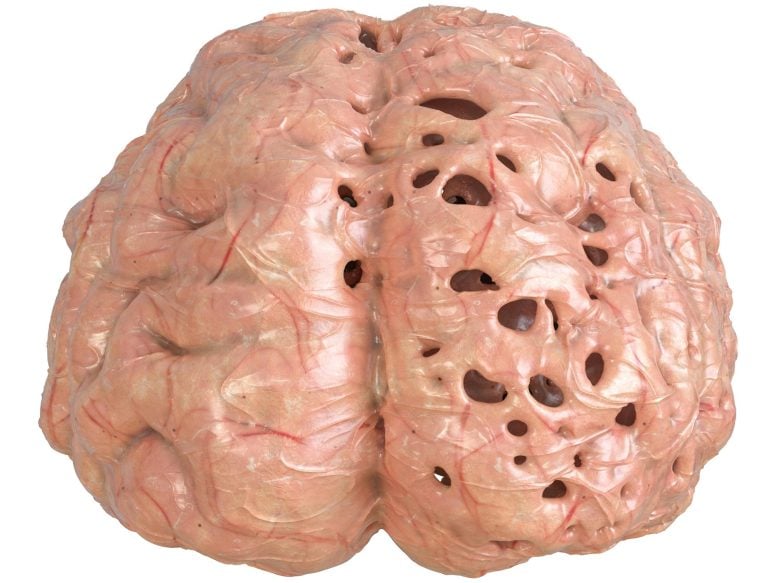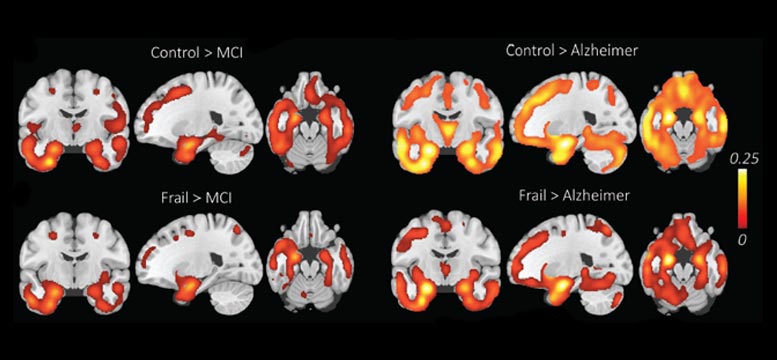
Cognitive decline in older age is often misinterpreted as Alzheimer’s disease onset; however, studies reveal it can be a normal aging aspect, influenced by lifestyle, and not indicative of underlying severe conditions.
Research suggests that cognitive decline in older adults doesn’t always indicate Alzheimer’s disease, with studies showing cognitively frail individuals have brain structures similar to healthy controls, despite cognitive impairments akin to MCI, pointing to the influence of lifestyle factors.
At the first sign of cognitive trouble, people often worry Alzheimer’s disease is forthcoming. But poor cognition can be part of the spectrum of normality in older age, according to new research published in JNeurosci.
Kocagoncu et al. compared the brains of cognitively frail adults — people with reduced cognitive function who haven’t noticed memory issues — to those of adults with a mild cognitive impairment (MCI) or Alzheimer’s disease (AD) and healthy controls. They recruited healthy and cognitively frail adults from the Cambridge Centre for Ageing and Neuroscience study. Researchers measured participants’ cognition with a battery of tests, their brain structure with MRI, and their brain activity with EEG and MEG.

The brains of the cognitively frail more closely resemble the brains of healthy controls than those of adults with Alzheimer’s disease or a mild cognitive impairment. Credit: Kocagoncu et al., JNeurosci 2022
Cognitively frail adults performed like adults with MCI on the cognitive tests — both worse than controls. But their brain structure and activity resembled those of the healthy controls: the atrophy in regions like the hippocampus typical in adults in AD did not appear in cognitively frail adults. Impaired cognition can be part of the range of normal aging and is not always an early sign of Alzheimer’s disease. Cognitive frailty may instead hinge on lifestyle factors — many of which are reversible and modifiable — like physical activity, stress, education, and cardiovascular health.
Reference: “Neurophysiological and Brain Structural Markers of Cognitive Frailty Differ from Alzheimer’s Disease” by Ece Kocagoncu, David Nesbitt, Tina Emery, Laura E. Hughes, Richard N. Henson, James B. Rowe and Cambridge Center for Ageing and Neuroscience, 15 February 2022, Journal of Neuroscience.
DOI: 10.1523/JNEUROSCI.0697-21.2021









Be the first to comment on "Cognitive Decline Is Not Always a Sign of Alzheimer’s Disease"